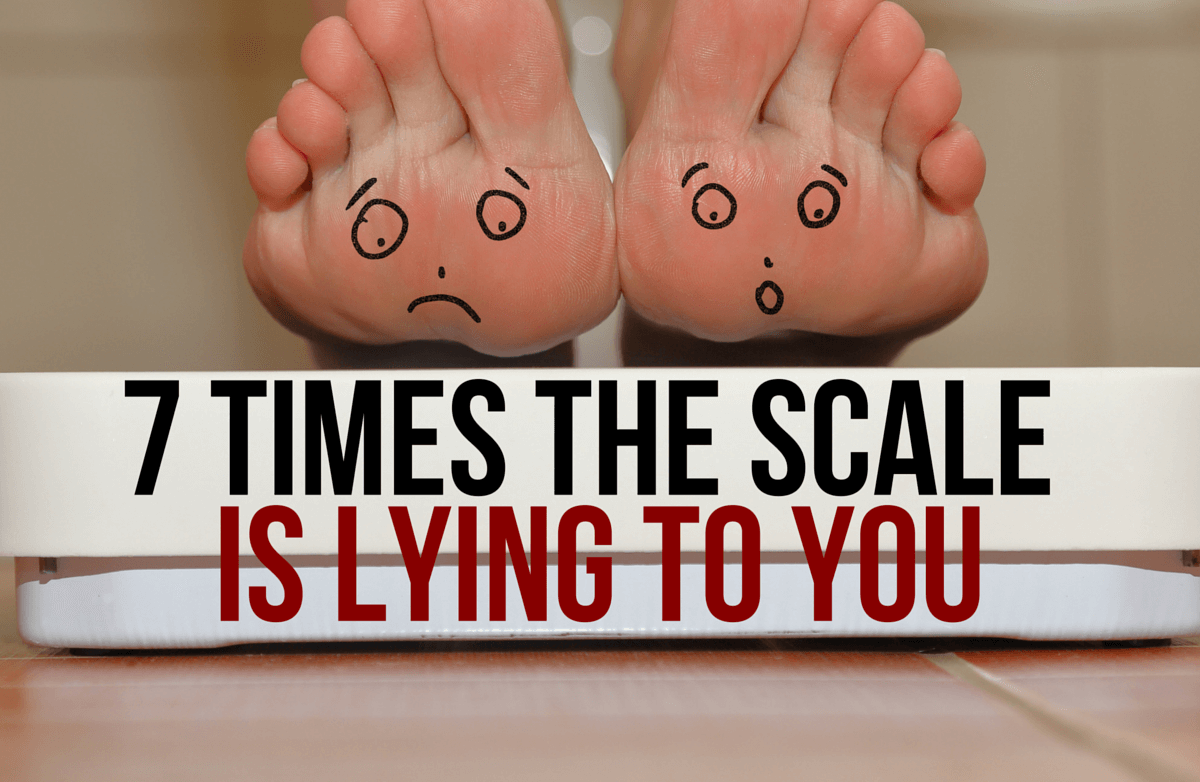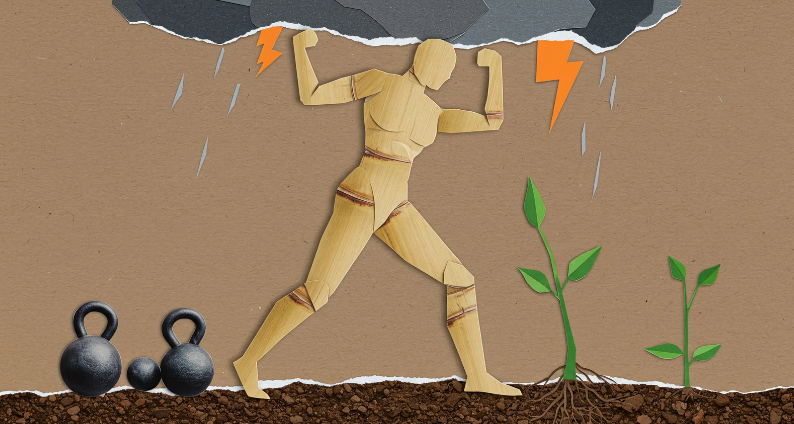Ah, resolutions. We make them, we break them and, often, we totally forget them. It's quite the mental shuffle, but one thing is for sure: You're not alone.
After all, setting resolutions can be exhilarating. There is nothing like dreaming of positive change, fueled by a new calendar and waves of motivation courtesy of news articles and your optimistic Facebook
For many, failed resolutions aren't strangers to the ride. They're the kind of recurring passengers that hop on when you're running on empty. To make things worse,
But what if failed resolutions had perks? It can be hard to believe, but depending on your perception, they can be a valuable part of your journey, too.
Obviously, this doesn't mean you should make resolutions with the hopes of failing. Instead, it is about being open to the idea that every shot has major benefits—even if you fail.
Why Do Resolutions Fail?
There are countless reasons why resolutions fail. According to Candace Rhodes, a personal trainer and creator of Rhodes To Strength, though, most have a common factor: They're unrealistic.
Usually, resolutions are far too big. "We want to change too many things at once," she explains. "And when we're full of hope and optimism, we believe we can accomplish a lot more than what's allowed in our everyday life." Remember, we are only human.
It doesn't help that our culture places huge achievements on a pedestal, even though the small ones are the real roots of change.
For instance, let's say you want to drop a few pounds. Is it more practical to aim for the general goal of losing weight, or to try and purchase five different veggies to snack on each week? As a clear and concise habit change, the latter ultimately sets you up for success. "[It is about] behavior versus outcome," says Megan Bruneau, M.A. RCC, a psychotherapist and executive coach in New York City.
Essentially, the biggest resolutions have the biggest crashes. The right attitude, however, will help the pieces work to your advantage.
3 Reasons Failed Resolutions Are Worth It
While it's tempting to beat yourself up after facing defeat, hold that thought; the fact that you even made a goal speaks volumes.
"[It means] you're looking for continual growth and improvement," says Rhodes. And that's awesome! You're clearly ready for a change, even if you're not sure how to get there or what that change even is. Most importantly, the entire process is disguised as an enormous learning moment.
Not convinced? Here are three ways failed resolutions have
1. They Increase Self-Compassion
When a goal turns into a dud, you're presented with a personalized chance to be nice to yourself. It's something we're all guilty of overlooking during tough times.
"Failed resolutions are opportunities for practicing self-compassion," shares Bruneau. "[For example], instead of beating yourself up, [say] what you'd say to a friend." In other words, in a situation where a loved one failed, you are likely to encourage and support a loved one. Don't you deserve the same courtesy? Learning to forgive ourselves and take on a flexible mindset is key to staying motivated on the journey to weight loss or whatever your ultimate goals may be, so exercising that muscle now when the chips are
Bruneau also adds that the experience doubles as a chance to cultivate mindfulness. You can learn not only about your expectations but about how you respond to not
Look at this failure as a chance to exercise self-compassion and self-care. In turn, you'll polish the blocks needed to build self-esteem, a major predictor of quality of life (and future triumphs).
2. They Emphasize What Works for You
It can be discouraging to realize that a new technique, habit or exercise isn't your best choice. What a bummer, right? Wrong. This discovery is one of the best things you can receive.
A failed resolution brings you one step closer to refining your game plan. Specifically, Bruneau points out that it highlights the resources and support you need. For instance, you might realize that exercising with a friend is excellent for your motivation, or maybe you feel
"There are many different ways to reach a goal," Rhodes adds. "You just need to figure out which way works for you—and why." If you're looking to get into exercise, experiment with free trials at
3. They Improve Future Goal-Setting
Now that you know what doesn't work, use this information to your advantage. Moving forward, it can serve as a guide, making sure you don't keep taking the same wrong turn.
This is also as personalized as it gets. Sure, we might hear about people failing at this or that, but every person's situation is so different. In this case,
Ask yourself, "What do I need to set myself up for success? What did I just learn, and how can I apply that to my next try?" Questions like these will clarify your next step, whether it's in the way you attempt a process or the process itself.
Think of failure like curating an ideal set of tools: The collection
How to Deal with Failed Resolutions
As you can see,
To start, tackle the way you view failure. Bruneau suggests looking at it as a research experiment, which will make it easier to find purpose in every attempt. It's all about trial and error.
Similarly, Rhodes recommends viewing failure as feedback. "[It tells] you that something in the process needs to change, and how you perceive it is under your control," she says. "[This] determines how it will impact you, and whether you will continue."
Keep in mind that humans are not flawless. "Acknowledge that imperfection and [failed] expectations are part of the human condition," says Bruneau. Again, take care of yourself in the same way that you
Failed goals are more powerful than you think. They double as guides, shifting you toward the right direction. They sift out the puzzle pieces that just don't fit. Most of all, failures make achievements feel that much sweeter.
Don't forget that purposely failing a goal isn't a smart move. Instead, give yourself permission to try your best and find benefits in failure. You don't have to choose between one or the other. Essentially, failure is part of this journey called life, and it will work to your advantage—if you let it.













